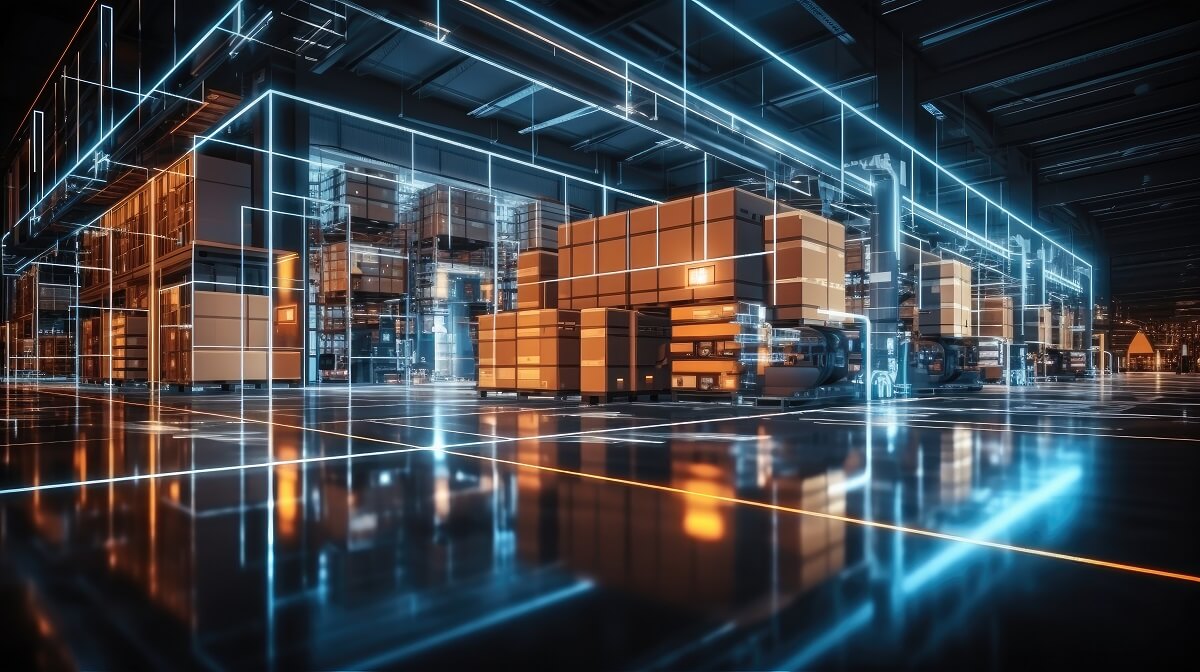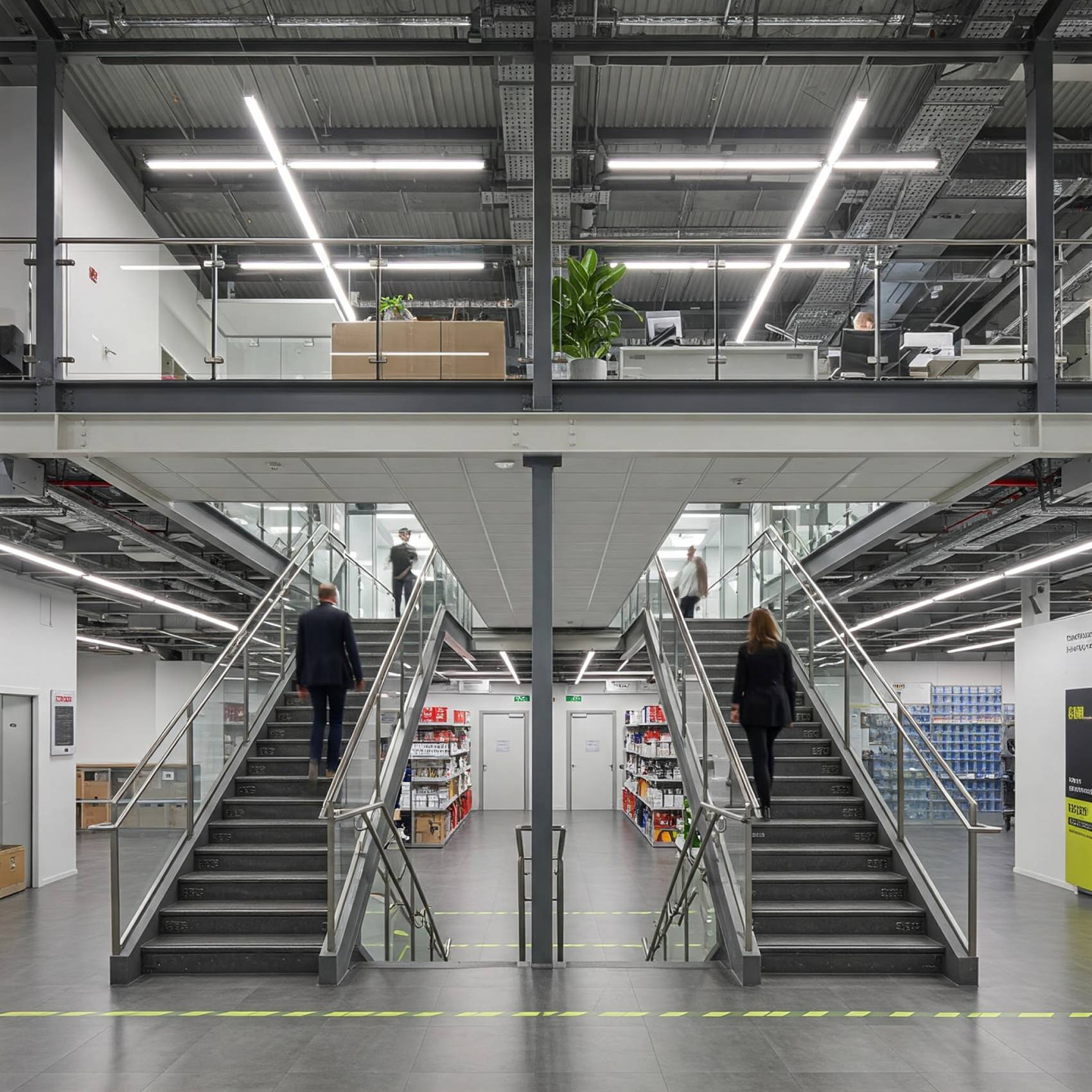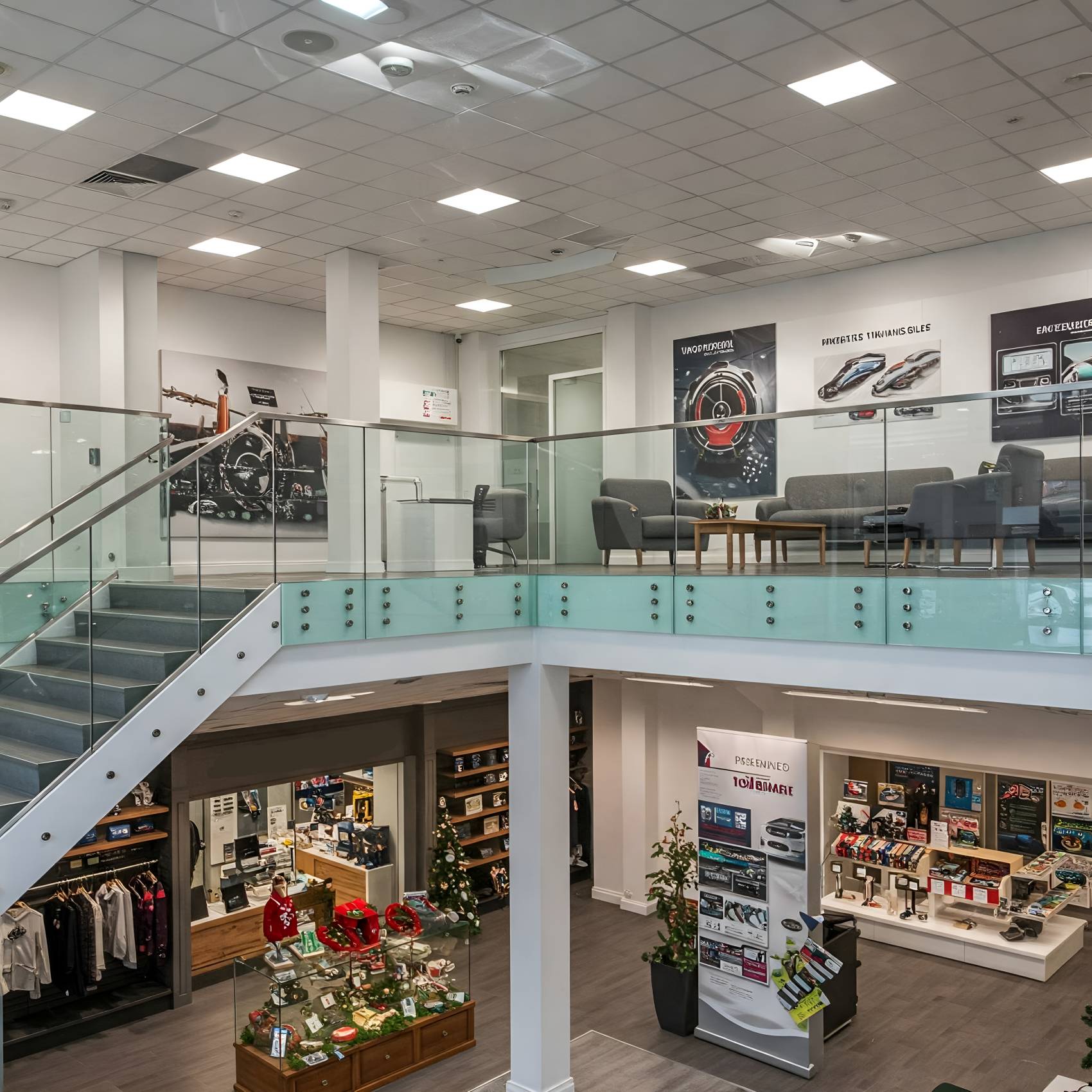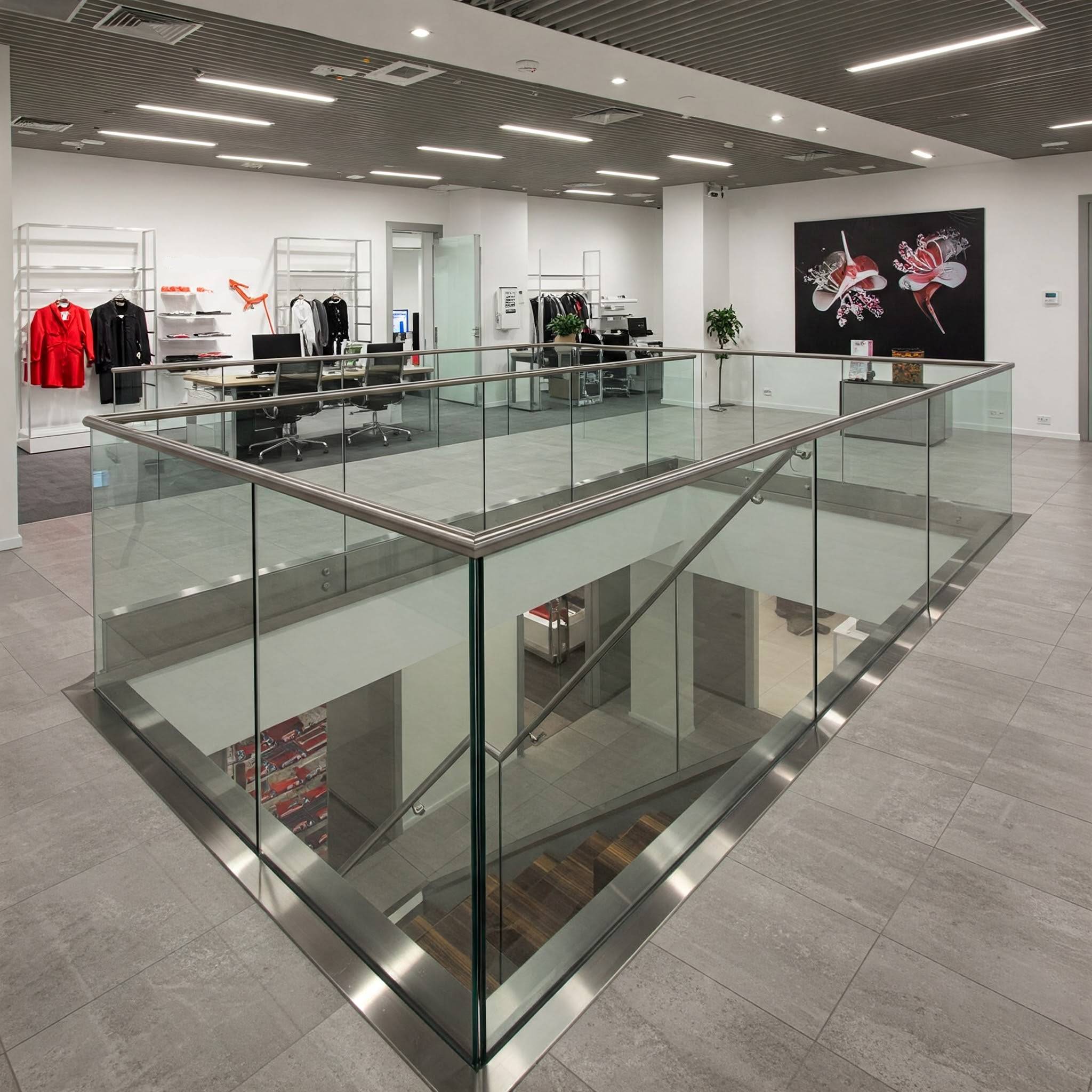Automation is Shaping the Future of Retail in the UK – Here’s How

The retail industry in the UK has seen a massive shift towards automation, with technology increasingly revolutionizing how businesses operate. From automated checkouts to advanced warehouse systems, automation is reshaping everything from in-store shopping to the supply chain. But beyond the obvious self-service checkouts, many other parts of the retail process are being automated, creating new efficiencies and changing how retailers manage their operations.
In this article, we’ll explore how automation is transforming retail across the UK, including how it intersects with mezzanine products like mezzanine floors and warehouse systems, vital to modern retail logistics.
Self-Service Checkouts: Just the Beginning
The UK retail landscape is no stranger to automation, with self-service checkouts being one of the most visible changes. While these checkouts reduce the need for cashiers, they represent just one piece of the automation puzzle. The global market for self-checkout systems was valued at over £3 billion in 2021 and is expected to grow to £10 billion by 2030. As a result, a significant proportion of cashier jobs could be automated by the end of the decade.
However, self-checkout technology is far from the only innovation reshaping the retail sector. AI-powered systems are now being used to control stock levels, manage inventory, and streamline logistics, enabling retailers to meet increasing customer demands.
AI and Automation in Retail Warehouses
Automation in retail extends far beyond customer-facing elements like checkouts. Warehouses, which serve as the backbone of any retail operation, have also embraced automation in the UK. Retailers are increasingly using automated systems to track and manage stock, improving efficiency and minimizing human error.
For instance, radio-frequency identification (RFID) technology and ceiling-mounted monitors help monitor stock movement within the warehouse, ensuring that inventory is accurately tracked and replenished. Integrating such advanced automation with mezzanine products like mezzanine balustrade systems, pallet gates, and mezzanine staircases is critical. These products provide the structural support necessary for modern warehouses to operate efficiently and meet the growing demands of e-commerce and fast deliveries.
At the same time, AI-driven robots and automated systems have found their place in the warehouse. Ikea, for example, has embraced robotics and drone technology to streamline its inventory management. In warehouses, drones check stock levels while robots handle bulky items like pallets, providing a much-needed boost in efficiency.
Mezzanine Floors: Enabling Automation in Retail Warehousing
To keep up with the rising demand for faster delivery and higher stock levels, UK warehouses are becoming multi-functional spaces that make full use of their vertical and horizontal dimensions. Mezzanine decking services and mezzanine floor fire protection solutions have become crucial components of warehouse design.
By installing mezzanine floors, retailers can expand their usable storage space without moving to larger premises. Mezzanine balustrade systems and mezzanine handrail systems ensure safety, while pallet gates and staircases improve accessibility. These products make it easier to manage inventory while accommodating the robots and automated picking systems increasingly used in large-scale warehouses.
As automation progresses, retailers that effectively integrate these mezzanine systems will improve productivity, streamline operations, and ultimately reduce costs. Investing in mezzanine products can offer a scalable solution for businesses looking to automate without expanding their physical footprint.
Robots and Drones: A New Era for Retail
Automation doesn’t just stop with software solutions. Physical automation—robots and drones—has become a key player in transforming retail logistics. Robots like Ikea’s MiR500 AMR are taking over many manual tasks traditionally performed by warehouse staff, such as moving pallets and packaging goods. In smaller warehouse spaces, robots are used in “micro-fulfilment centres” to handle customer orders more efficiently.
The UK’s Marks & Spencer has also introduced AI-driven safety systems in its warehouses to ensure the safety of its workers. By analysing movement patterns and integrating with CCTV systems, they were able to reduce warehouse accidents by 80%. This shows that automation not only enhances operational efficiency but can also contribute to a safer workplace.
Improving Customer Service with Automation
Contrary to fears that automation will result in massive job losses, many companies are using technology to enhance, rather than replace, human roles. Ikea’s introduction of an AI chatbot named Billie is a prime example. By handling 47% of customer queries, this chatbot allowed human staff to focus on higher-value tasks such as offering interior design advice.
Similarly, automation in UK retail stores can free employees from repetitive tasks like stock checking, allowing them to focus more on customer service. However, automation that doesn’t align with customer preferences can backfire, as demonstrated by the closure of Amazon Fresh’s “Just Walk Out” stores in London, which relied too heavily on automation without sufficient customer engagement.
Mezzanine Products and Automation: The Perfect Partnership
As the UK retail sector continues to embrace automation, mezzanine products like mezzanine decking services, balustrade systems, and pallet gates will play an essential role in supporting these changes. By maximizing warehouse space and enabling the installation of automated systems, these products help businesses streamline operations, increase stock capacity, and boost overall efficiency.
Warehouses equipped with mezzanine staircases and handrail systems create a safer environment for both human employees and automated systems, ensuring that both can work in harmony. In addition, mezzanine floor fire protection is vital for complying with UK safety standards while embracing automation.
Conclusion
Automation is rapidly transforming the UK retail industry, and the integration of mezzanine products is crucial for businesses looking to stay competitive. From AI-powered inventory systems to robotics in warehouses, the future of retail will be shaped by technology. Retailers who invest in automation and maximize their operational spaces with mezzanine floors will be well-positioned to succeed in this fast-evolving landscape.
By combining the right technology with smart infrastructure solutions, such as mezzanine systems, UK retailers can unlock new efficiencies, improve customer service, and stay ahead of the competition. Now is the time to embrace automation before your business gets left behind. Get in touch with our sales team for your mezzanine solution.
FAQs
How is automation changing the UK retail industry?
Automation is transforming UK retail by streamlining processes like checkout, inventory management, and warehouse logistics. From self-service checkouts to AI-powered stock control systems, automation helps retailers operate more efficiently, reducing costs and improving customer satisfaction. It also enhances warehouse operations with robots, drones, and advanced tracking systems, ensuring quicker delivery and better stock management.
What role do mezzanine floors play in automated retail warehouses?
Mezzanine floors maximize space in retail warehouses, providing additional storage and operational areas without expanding the building’s footprint. They support the integration of automation technologies like robots and conveyor systems, making warehouses more efficient. With mezzanine products like balustrades, pallet gates, and staircases, businesses can optimize workflows while ensuring safety and compliance.
Will automation reduce jobs in the UK retail sector?
While automation can replace some repetitive tasks, it can also create new opportunities for employees to focus on higher-value roles. For example, AI chatbots can handle routine customer service queries, freeing up human staff to provide more personalized services. Additionally, automation in warehouses allows employees to shift focus from manual tasks to roles in overseeing operations and improving customer satisfaction.
What are the benefits of using robots and drones in retail warehouses?
Robots and drones improve warehouse efficiency by automating tasks like stock movement and inventory checks. Robots can handle heavy items like pallets, while drones can quickly scan barcodes to ensure accurate stock levels. This technology speeds up operations, reduces human error, and can work around the clock, resulting in faster order fulfilment and more efficient stock management.
What is the future of automation in UK retail?
Automation in the UK retail sector is expected to grow rapidly, with increased use of AI, robotics, and advanced warehouse systems. By 2030, technologies like self-service checkouts, AI-driven inventory management, and automated logistics will likely become the norm. Retailers that invest in these technologies and integrate them with efficient systems, such as mezzanine flooring for optimized warehouse space, will have a significant competitive advantage.




